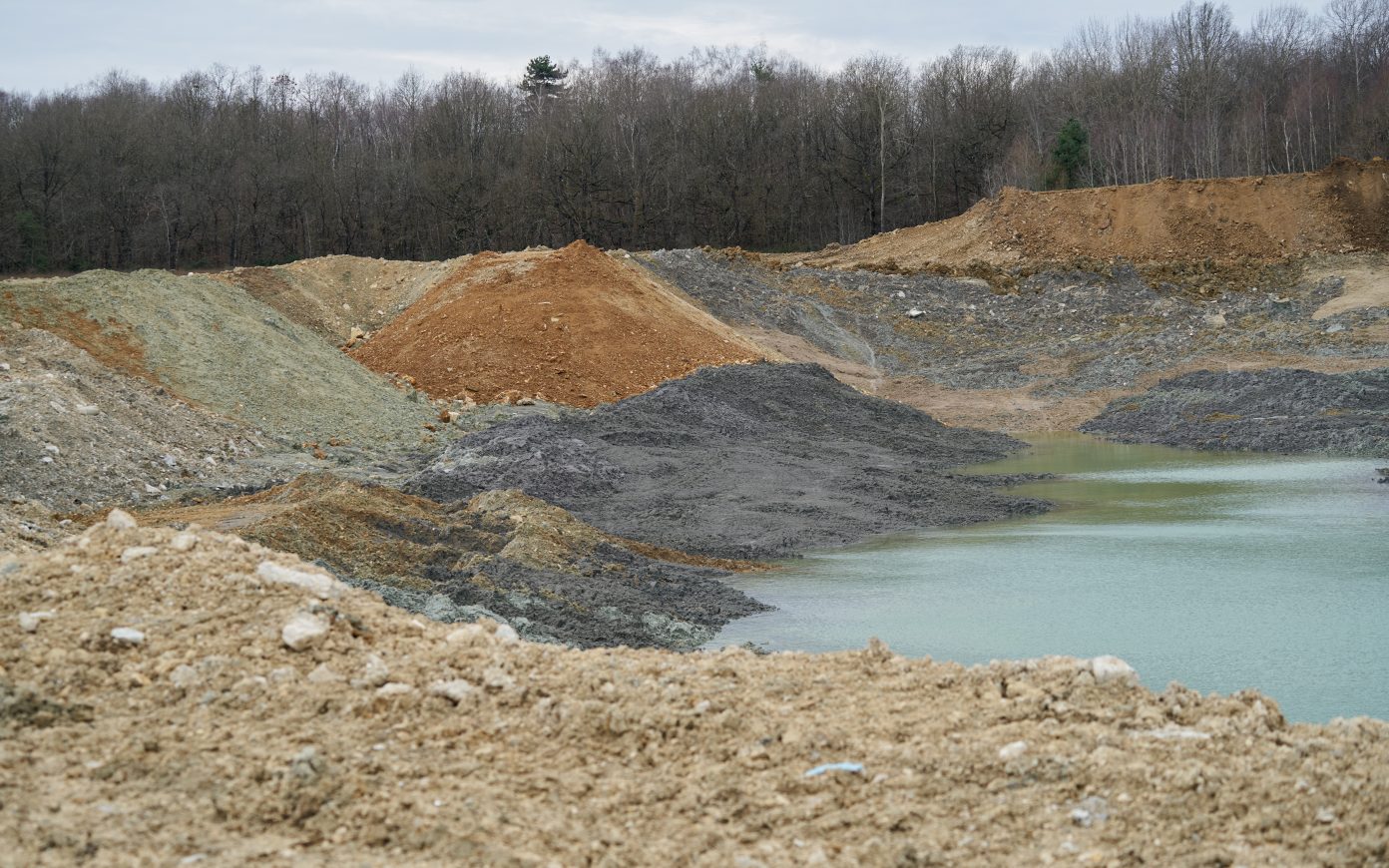Transforming the City into a Museum for Contemporary Nature

- Publish On 7 October 2021
- Emanuele Coccia
As we are reconsidering our place as humans within nature, philosopher Emanuele Coccia investigates the natural phenomenon of metamorphosis and develops it into a philosophical concept that enables us to think about ourselves as part of a single breath of life that passes from one life form to another. Opposed to a penitential vision of environmentalism, he disagrees with the idea that the living should be viewed as fundamentally subsumed in the issue of ecological balances, life being a perpetual metamorphosis, poles apart from any notion of equilibrium. He champions the idea of a transformation of cities into “museums of contemporary nature” in order to overcome the conventional nature—culture divide and reinstate an urban interspecies approach focusing on cohabitation between all life forms and biodiversity.
Soon available in open access.



